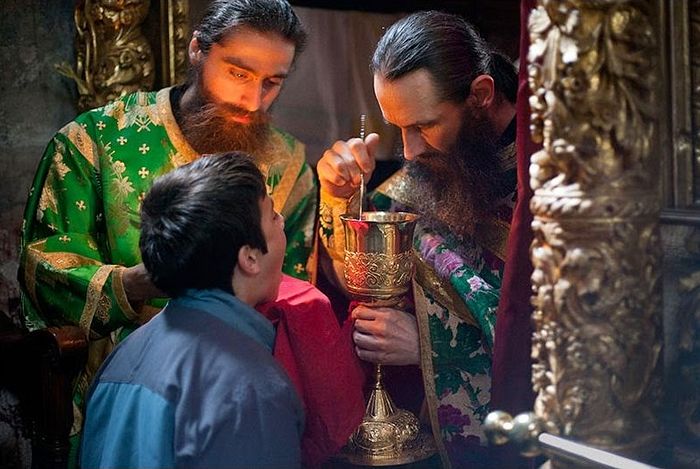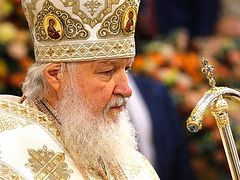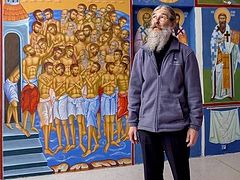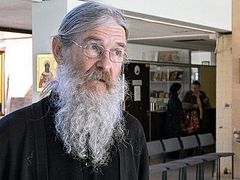Helsinki, Finland, March 5, 2020
The Bishops’ Council of the Finnish Orthodox Church (Patriarchate of Constantinople) met on February 18 in Helsinki under the chairmanship of Archbishop Leo of Helsinki and All Finland, discussing, among other things, the issue of people who suffer from celiac disease receiving Holy Communion.
The report from the hierarchical session reads:
Gluten-free Holy Gifts
Those who suffer from celiac disease cannot commune of the Body of Christ at the Eucharist due to their intolerance to wheat protein. Those who suffer from an acute form cannot commune of the Blood of Christ either, because it could also contain particles of wheat flour.
After discussing the issue, the Bishops’ Council instructed Fr. John Lampropoulos to find out the practice of the Greek Orthodox Church in this matter, after which the need for consultation with the Ecumenical Patriarchate will be assessed.
At least one Greek hierarch has addressed the matter before, taking a strict stance.
On May 1, 2018, Metropolitan Isaiah of Denver of the Greek Archdiocese of America (Patriarchate of Constantinople) issued an encyclical to his priests and parishioners after hearing of a number of cases where people approached the chalice and asked to be communed only of the Blood of Christ, believing that the Body would harm them.
He responded:
If there are Orthodox Christians in our parishes who believe that, after the Holy Spirit consecrates the Bread and the Wine during the Divine Liturgy, the gifts are still bread and wine, they should never again receive the divine Body and Blood again, until they believe that the holy sacrament of our Lord Himself is His spiritual presence, that is, both His Body and His Blood.
… And, if the doctor's instructions to them about not eating the Body (bread) because of the doctor's medical knowledge are considered more important than the Holy Eucharist, then they should not receive the Holy Eucharist of the Lord, unless or until they believe that the Creator of all has more knowledge regarding eternal life than all the medical science of this fallen world.





